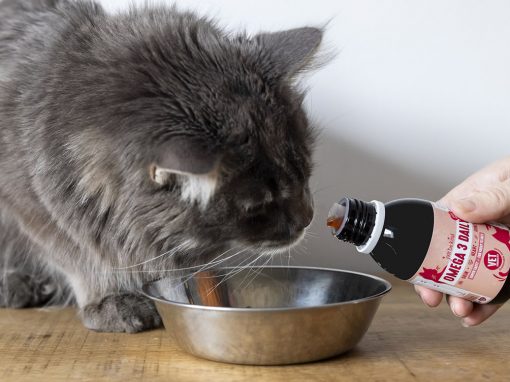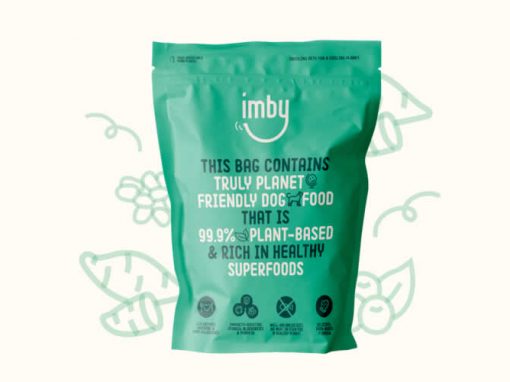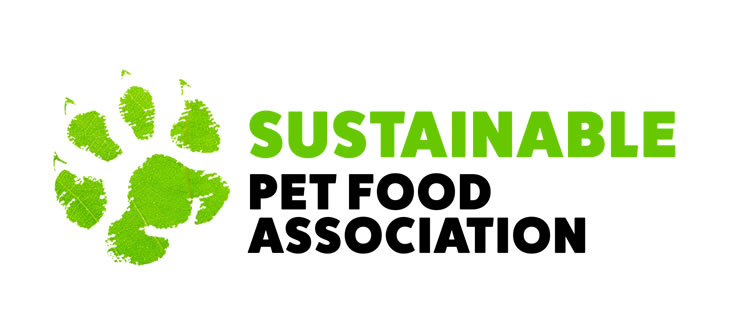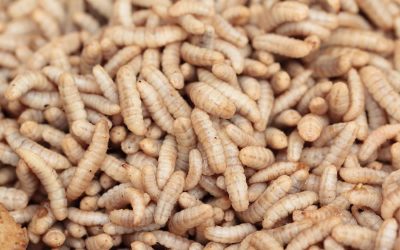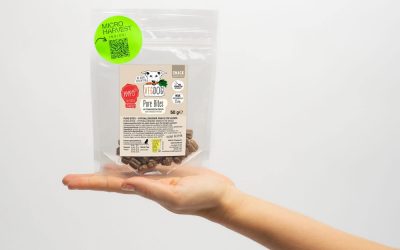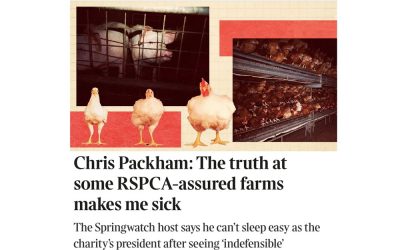The British Veterinary Association (BVA) warmly welcomed the widening of the scope of the forthcoming Animal Welfare (Sentience) Bill to include cephalopod molluscs and decapod crustaceans in November 2021.
Under changes announced, cephalopods (including octopuses, squid and cuttlefish) and decapods (including crabs, lobsters and crayfish) will be recognised alongside vertebrates as being capable of feeling pleasure, pain and distress and therefore protected under the new laws on sentience.
The move follows the findings of a government-commissioned independent review by the London School of Economics and Political Science (LSE), which concluded there is strong scientific evidence decapod crustaceans and cephalopod molluscs are sentient.
BVA, which is the largest representative body for vets across the UK, has long campaigned for animal sentience to be embedded in law. In its recent sentience position, it called for crustaceans and molluscs to be included in its scope given the strength of the existing and ongoing evidence base that supports this.
Justine Shotton, original BVA President at the time, said: “We’re really heartened by today’s move, which will place a duty on the state to consider the sentience of decapods and cephalopods within all future policy making, as well as vertebrate animals.
“BVA and others have long championed crustacean and molluscs as having the capacity to experience feelings such as pleasure and pain, and the growing scientific evidence base really served to strengthen this argument. These changes are a resounding win for animal welfare which will provide new gold standard protections to millions of crustaceans as well as other species.”
AS MOST PET FOODS WILL CONTAIN SOME FORM OF CRUSTACEAN IN THE FORM OF CHONDROITIN, THIS IS YET ANOTHER REASON TO SUPPORT THE USE OF VEGAN DOG FOOD DIETS THAT ONLY USE PLANT-BASED MATERIALS AND NOTHING OF ANIMAL ORIGIN
Canine Microbiome Study Significant Findings
Dogs have adapted genetically to digesting starches and that explains why they do so well on a complete plant-based diet
Studies claim positivity with alternative pet diets
Many owners willing to consider alternative pet diets, studies claim with a high proportion of cat and dog owners now prepared to explore alternative, more sustainable diet options
Plant-based vs Insect-based dog food
Insect Protein-Based Diets as Potential Risk of Allergy in Dogs, and Higher Cost
Avian Flu Pandemic Risk from Raw Feeding
The APHA (Animal Plant and Health Agency.gov.uk) sends anyone interested in environmental matters, emails about looming threats. As a vet, this is what I have received recently in my email inbox - In my inbox yesterday 11th November - An Avian Influenza Prevention...
Raw dog and cat food fuelling spread of antibiotic-resistant bacteria
The very real and always present danger of this latest study yet again finding antibiotic-resistant bacteria in raw commercial cat foods!
UK Petfoods MUST Keep Up!
Using animal byproducts in meat and fish-based pet foods is NOT sustainable!
Cats dying after eating Avian-Influenza-contaminated raw pet food!
Does vegan cat food provide the solution?
Fermented Protein Pet Food – the Future?
Is precision fermentation our future way to feed not only our pets, but ourselves too? Yes it most certainly is!
Could our dogs or cats trigger an avian influenza pandemic?
As our memories of the last COVID 19 disappear, the potential for another pandemic looms and pets could play a role in transmitting it
Using microbial protein for the very first time in dog treats!
This first-of-its-kind protein is derived from bacteria that have been consumed by humans for centuries in foods such as kimchi, kefir, and sauerkraut
BVA says it is possible to feed dogs plant-based
The British Veterinary Association (BVA) has ended its opposition to (nutritionally-sound) vegan diets for dogs
The truth about ‘RSPCA Assured’ farms
The footage obtained from these farms, including distressing images of decomposing pigs, dying chicks, and salmon with missing eyes, is simply indefensible
Recommended sustainable pet foods
